

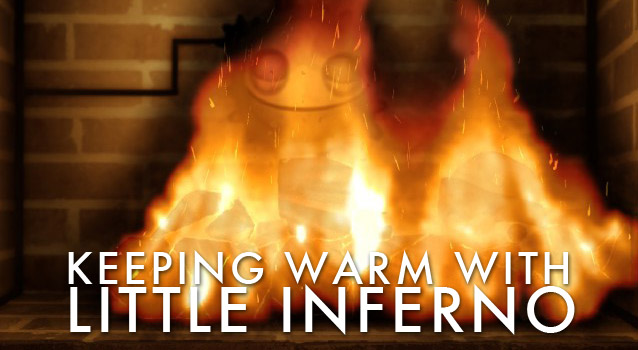
Have you ever wondered about global warming? It's a less politically acceptable term for what the media refers to as man-made climate change—a term that fails to convey the gravity of the situation. It can be argued that "global warming" is a bit of a misnomer. For a fact, most scientists agree that the world is getting colder because of our reliance on fossil fuels and our unwillingness to halt our inexorable march towards "progress"—or oblivion.
 And despite what commentators on conservative news stations might tell you, all the inhabitable parts of the world are getting colder because the earth is getting warmer at the poles. Permafrost is anything but permanent, and the ice caps are melting. This in turn causes the sea levels to rise and a radical shift in climates all over the planet. And where the wind is blowing, it's getting a whole lot colder.
And despite what commentators on conservative news stations might tell you, all the inhabitable parts of the world are getting colder because the earth is getting warmer at the poles. Permafrost is anything but permanent, and the ice caps are melting. This in turn causes the sea levels to rise and a radical shift in climates all over the planet. And where the wind is blowing, it's getting a whole lot colder.
A few degree drop in temperature may not seem like a big deal to us, but its impact on the environment—which is to say, the farms in which we grow our food—is significant. "Cold springs and wet autumns are a recipe for disaster," reads a Daily Mail headline. I wouldn't normally quote the rag, but there's no better way to put it. And all of this is attributable to our reliance on fossil fuels.
Ironically, we have to keep ourselves warm during the winter by burning even more fossil fuels to power our heaters—or logs, to heat our fireplace. As the world gets colder because of our actions, we'll have no choice but to keep doing what we shouldn't be doing just to stay warm. It's a vicious cycle, and it's one with no end in sight—unless we choose to do something completely different.
There's a whole world outside, but we're too engrossed in watching things burn in the fireplace to take any notice.
And this is what Little Inferno is about. It's about being so engrossed in watching things burn in fireplace—not just because the flames are pretty to look at, but because we're given artificial reasons to feel like we're making progress every time we unlock a new item to set fire to after burning any set amount of items.
Little Inferno is a critique—or rather, an observation—of our failure to think outside the box and beyond the moment we're currently in. The milestones it asks us to complete are arbitrary, and yet, it brings us some amount of perverse joy to watch things burn and a sense of satisfaction to tick these boxes and accomplish meaningless tasks. Through its mechanics, Little Inferno stimulates us to look beyond these mental constraints and question what it means to be locked into a room, just staring at flames dancing in a fireplace.
There's a whole world beyond the fireplace, and it's about time we stepped outside.
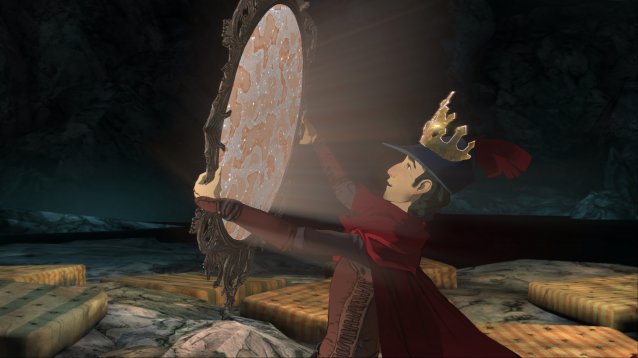

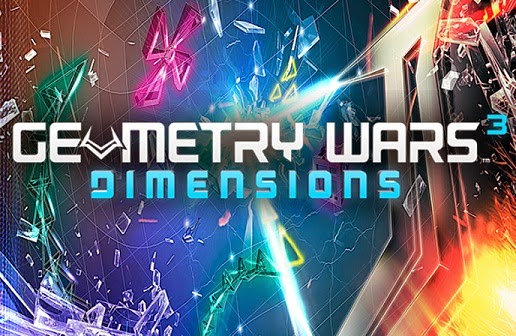
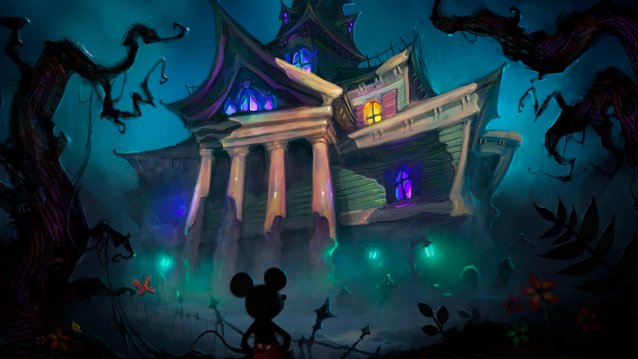
 Assassin’s Creed 3 Guide: Feathers, Almanac, Inventions & Trinkets Locations
Assassin’s Creed 3 Guide: Feathers, Almanac, Inventions & Trinkets Locations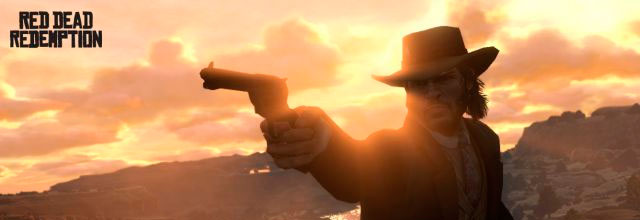 Red Dead Redemption Achievement List
Red Dead Redemption Achievement List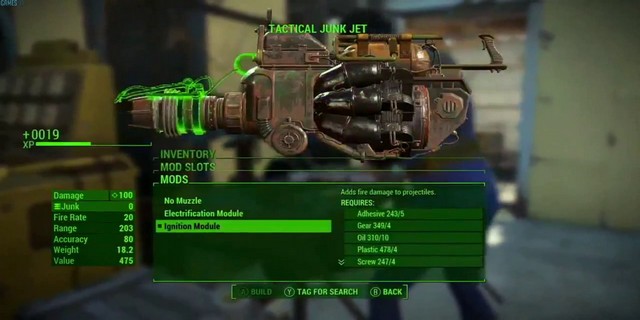 How To Get The Junk Jet Launcher and Righteous Authority In Fallout 4
How To Get The Junk Jet Launcher and Righteous Authority In Fallout 4 Getting Rid Of The Purple Dildos Wont Solve The Industrys Image Problems
Getting Rid Of The Purple Dildos Wont Solve The Industrys Image Problems The Wonderful 101 Walkthrough
The Wonderful 101 Walkthrough